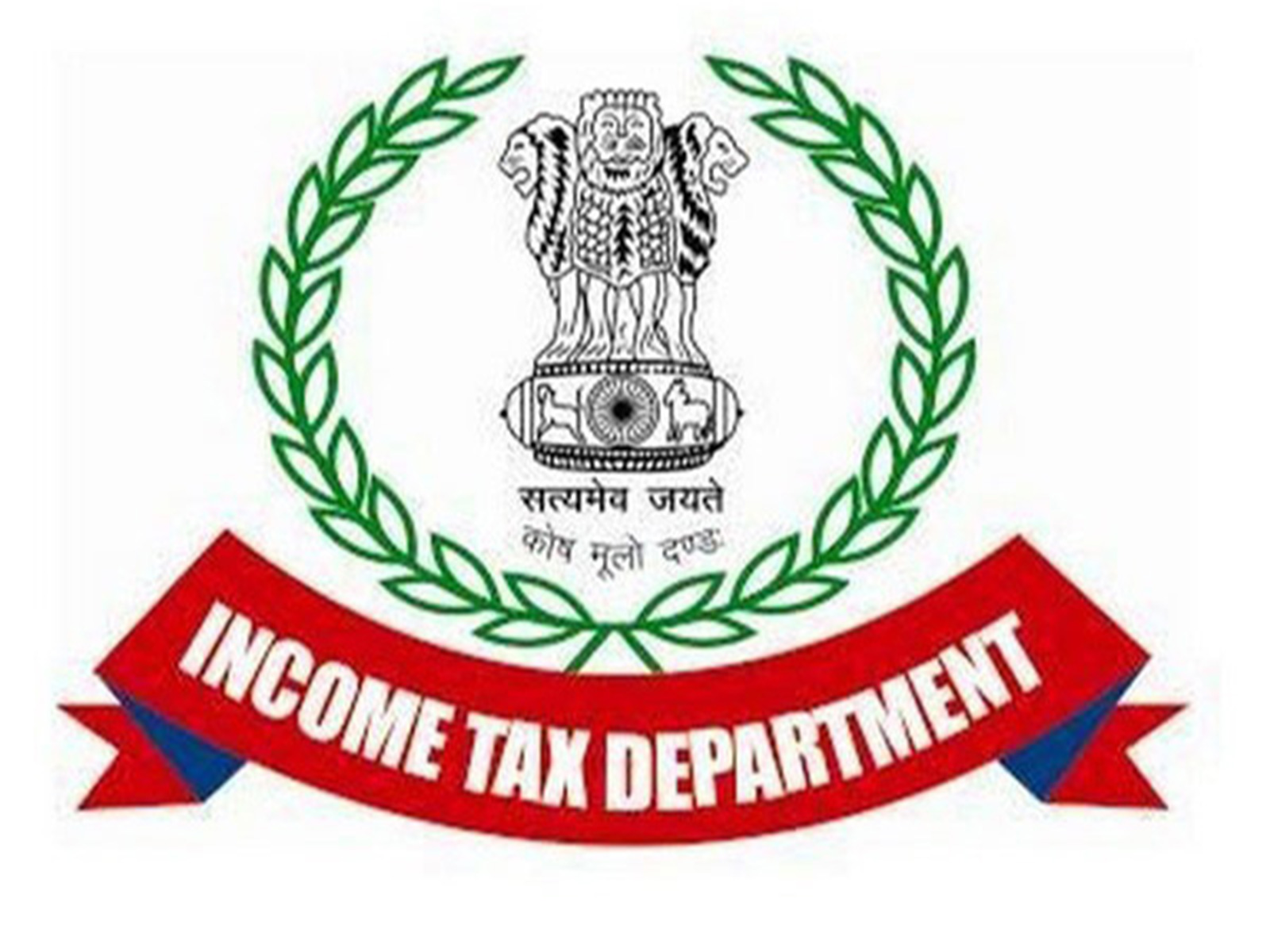India Leads the Way in Digital Taxation Amid Global Shifts
In response to the digital economy's borderless nature, India has spearheaded tax reforms to ensure fairness in profit distribution without physical presence. Initiatives like Significant Economic Presence and taxing virtual digital assets place India at the forefront of global digital tax governance, fervently discussed at the International Tax Conference 2025.

- Country:
- India
India is redefining taxation in the digital age, tackling challenges of borderless digital operations. Varunesh Mishra, Joint Commissioner of Income Tax at the Central Board of Direct Taxes (CBDT), emphasized India's leadership in transparent and equitable revenue measures at the International Tax Conference 2025 in New Delhi today. Mishra highlighted, "The digital economy is now all-pervasive," reflecting on businesses operating internationally without physical footprints, complicating profit taxing locations.
Recognizing this digital shift, India initiated reforms like the Significant Economic Presence (SEP) in 2018, evolving through refinements in 2020 and implementation in 2021. These laws enable India to tax foreign digital profits based on their economic activity and user base within the country, bypassing the need for physical establishments. Mishra mentioned that the Equalization Levy, initially applied to cross-border digital transactions, has been withdrawn as India aligns with OECD's Pillar initiatives.
Domestically, notable steps include implementing a Tax Deducted at Source (TDS) on e-commerce under Section 194-O, ensuring fair contributions to India's tax ecosystem. The 2022 taxation of virtual digital assets—covering cryptocurrencies and NFTs—with a 30% tax on income and 1% TDS on sales, reinforces India's pioneering role. Mishra noted challenges persist, particularly in profit attribution for borderless digital businesses, but stressed the importance of fostering innovation within a fair framework. The conference addressed broader tax governance trends, amidst India's aim for an innovation-driven economy by 2047.
ALSO READ
-
India's Tough Stand on Pharma Standards: No More Time for Compliance
-
India Launches National Mission to Boost Rare Earth Minerals
-
Tragic Loss of Aspiring Indian Doctor in Russia Sparks Investigation
-
India's Tri-Services Drill 'Trishul' Enhances Synergy and Readiness
-
Operation Sindoor: India's Bold Stance Against Terrorism









